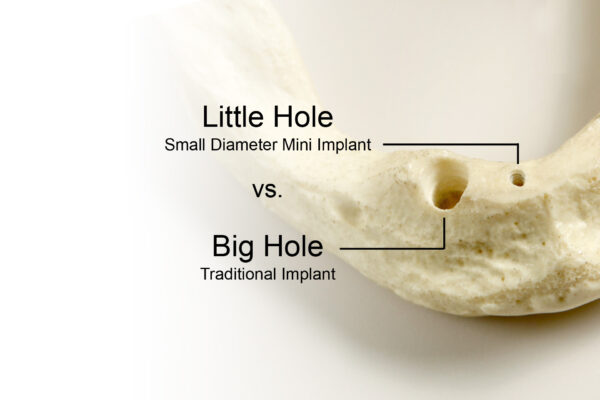What Are the Health Effects of Sleep Apnea?
In this video, Luz Cabrera, DMD, discusses the multitude of serious health risks that stem from obstructed breathing during sleep.
Failing to achieve stage three of sleep, which is critical for muscle and bone repair, hormone production, and boosting the immune system, can lead to significant health consequences. A strong link exists between the lack of deep sleep and Attention Deficit Disorder (ADD) in children. Moreover, children can suffer from obstructive sleep apnea, further complicating their health and development. Alzheimer’s disease, too, could potentially be better managed if addressed early in life, around the ages of 40 or 50, highlighting the importance of quality sleep at all stages of life. Additionally, conditions such as depression, strokes, and diabetes are associated with disrupted sleep patterns. Inadequate sleep affects hormone production, with diabetes often being one of the first indicators of sleep apnea.
Acid reflux is another problem that may arise from a lack of oxygen affecting the stomach during periods of sleep deprivation. Such sleep issues can also contribute to heart failure, hypertension, atrial fibrillation, obesity, and sexual dysfunction. However, many of these conditions can be treated or even prevented by ensuring that the airways remain open during sleep.
If you’re interested or in need of more information, it’s crucial to understand the implications of these conditions and to know that solutions are accessible. Do not hesitate to reach out to us for help and guidance. We are here to provide support and assistance. Thank you.




